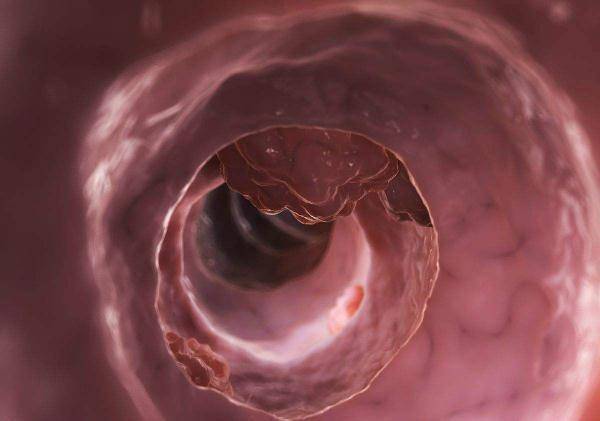
The reason why bowel cancer is not as taken seriously as lung cancer is because the symptoms caused by lung cancer are more typical. Colon cancer often only manifests in stool, which is easily overlooked.
First, many people have been experiencing changes in the shape of their stools but have not paid attention to it. Early colon cancer may only manifest as a thinning of the shape of their stools. Therefore, people who do not pay attention to observation can easily delay examination.

Second, when bleeding occurs, one thinks of hemorrhoids, but it is easily misdiagnosed. Nine out of ten people have hemorrhoids. Hemorrhoids are so common. However, sometimes blood in the stool may not necessarily be hemorrhoids, but may also be colon cancer.
Third, when it comes to constipation, what comes to mind is defecation, not examination.
Many people suffer from constipation but are unwilling to go to the hospital for examination.

Fourth, diarrhea. Many people do not have constipation, but they have four or five bowel movements a day, and they are completely shapeless. This is also distressing, but if you have diarrhea like this, it is best to check it out.
The best way to check for colon cancer is colonoscopy, which uses a long, thin tube inserted through the anus and then checks the rectum and colon in sequence. Because it is directly observed with the naked eye, it is more direct and more accurate.

Some people may also ask, doctor, didn't you say that bowel cancer can be found through stool examination?
Stool can be tested for occult blood. If occult blood is positive, you should be wary of colon cancer. Currently, there is an emerging test called fecal oncogene testing, which detects oncogenes in feces to determine whether you have colorectal cancer. But on the one hand, this The technology is not mature yet, and its biggest shortcoming is that it cannot perform biopsy.
The article is not finished. Click on the next page to continue.
Next page


















